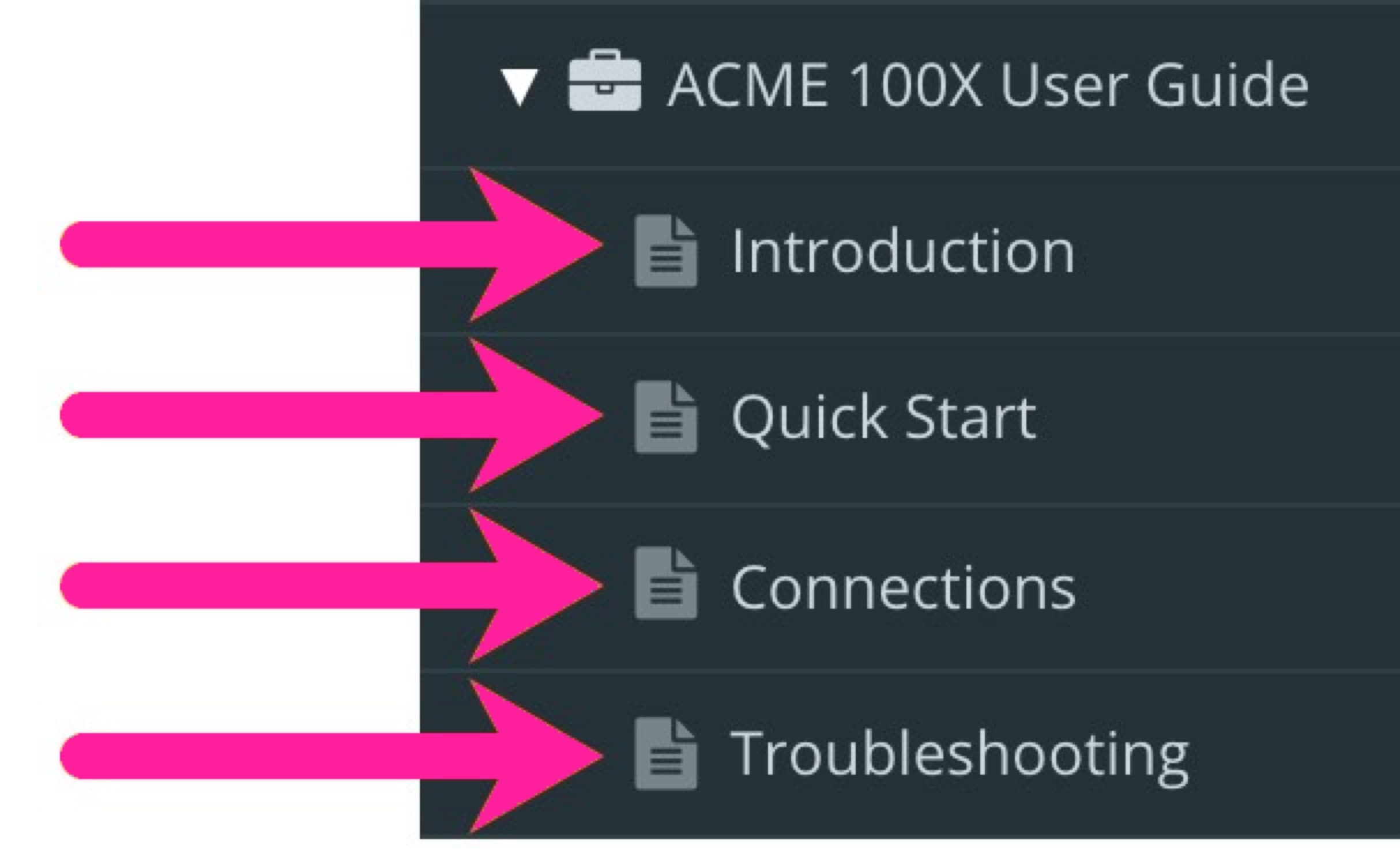What Happens When a Publication is Duplicated?
When you duplicate a publication, Paligo creates a new publication with the same content and the same name as the original, with "copy" and a number added at the end. The new publication is positioned below the original publication in the Content Manager.
 |
The duplicated publication has its own unique ID and is completely separated from the original publication. However, it does not duplicate the included content, because these are only Forks (links to the topics or subpublications).
Changes to the forks will affect both the original publication and its duplicate, as both use the same content forks. But it is possible to:
Delete forks from a publication without affecting the other publication.
Add forks to a publication without affecting the other publication.
Change the fork order in a publication without affecting the order in the other publication.
Note
To get a duplicated publication with duplicated forks, you need to duplicate the content and then add those forks to the publication.
That way, the duplicated publication will have different forks from the original.
 |
A publication contains links to topics called forks. It does not contain the actual topics.